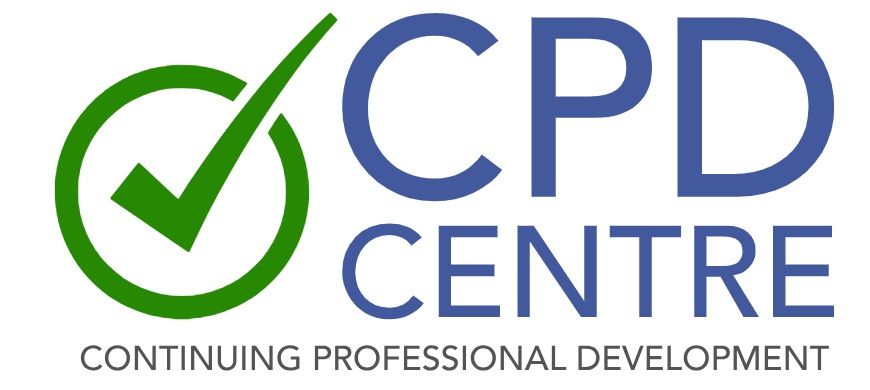Understanding the New Zoning Changes
The NSW Government's zoning reforms focus on increasing housing density near transport hubs and town centres. Key aspects include:
-
Low and Mid-Rise Housing Policy:
This policy allows for the development of dual occupancies, terraces, townhouses, and residential flat buildings within 800 metres of 171 town centres and transport hubs across metropolitan Sydney, the Central Coast, Illawarra-Shoalhaven, and Hunter regions. -
Faster Approval Processes:
Standardised development controls aim to speed up approvals for low- and mid-rise projects in designated areas, helping to meet ambitious new housing targets. -
Greater Housing Diversity:
The reforms encourage a wider mix of housing types — from duplexes to small apartment blocks — to make it easier for families, singles, and downsizers to find suitable homes.
Why These Changes Matter for Builders
The new zoning rules present huge opportunities for builders willing to adapt:
-
More Development Opportunities:
Builders can take on more townhouse, duplex, and mid-rise projects in areas that were previously restricted to single dwellings. -
Faster Project Turnarounds:
With standardised planning rules, builders can expect quicker DA approvals in many parts of NSW. -
Market Advantage:
Builders who understand and move early on these new opportunities will have an edge over competitors still stuck working under old assumptions.
However, it also means staying informed and compliant. Builders must ensure designs meet the new planning controls and community expectations around quality, sustainability, and amenity.
Zoning Changes and the Ongoing Skills Shortage
These reforms come at a time when the construction industry is already grappling with a major skills shortage. With demand for workers higher than ever, builders will need to plan carefully to meet project deadlines and maintain quality.
-
Skilled trades are in short supply, driving up costs.
-
Builders need to invest in ongoing training and Continuing Professional Development (CPD) to keep their workforce competitive.
-
Smart builders are using CPD to upskill teams in areas like sustainable design, multi-residential construction, and updated NCC compliance.


